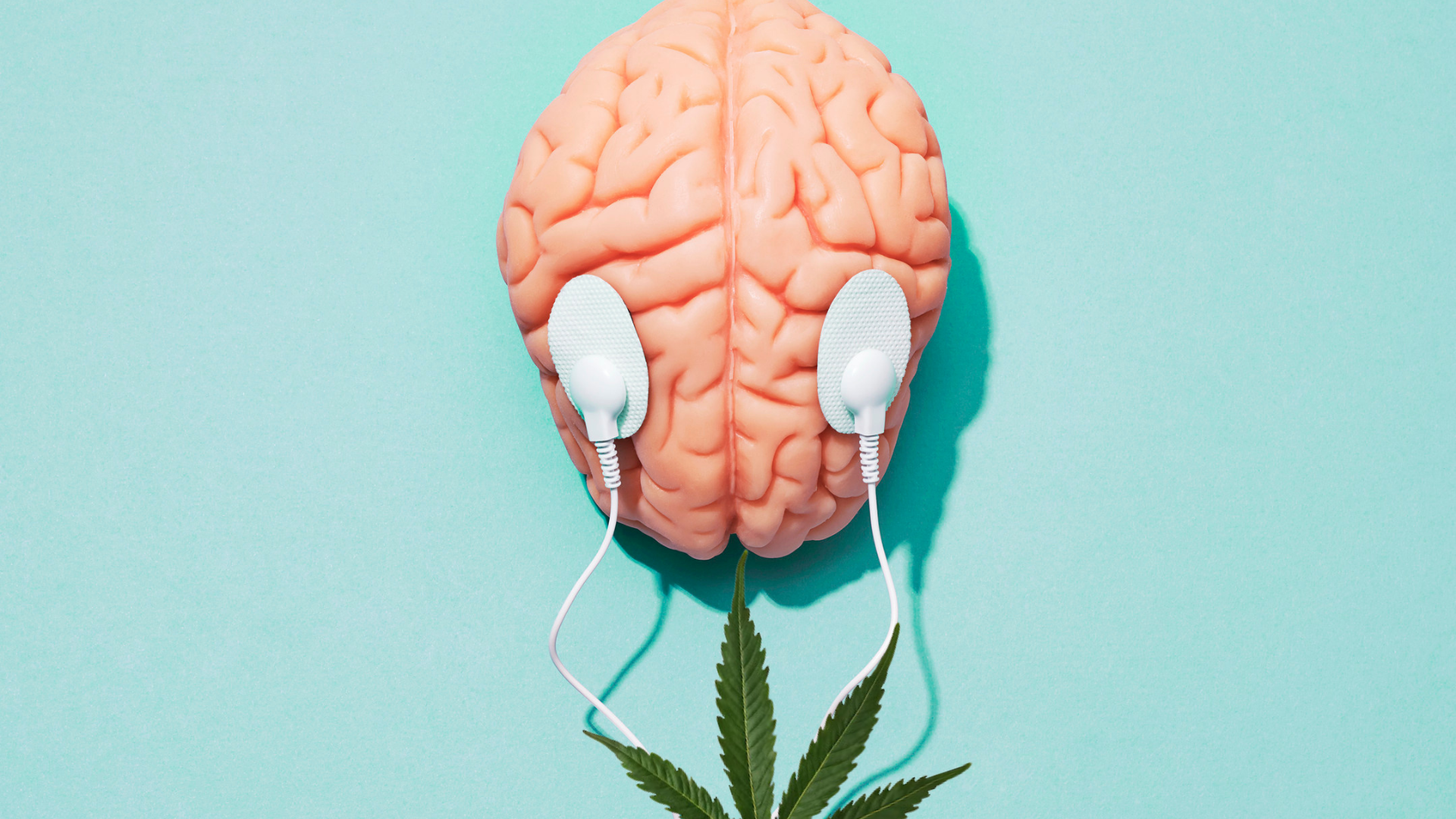
The Role of Medical Marijuana in Managing Neurological Disorders
Neurological conditions can significantly impact a person’s quality of life, causing issues like seizures, muscle spasms, pain, and cognitive difficulties. Some patients find that traditional medications don’t provide relief or come with side effects. This is where medical marijuana steps in.
Exploring the Potential Benefits of Medical Marijuana
Medical marijuana, also known as cannabis, involves using components of the hemp plant to ease symptoms and manage health conditions. It has garnered attention for its effects on neurological disorders by interacting with the body’s endocannabinoid system (ECS).
Understanding the Endocannabinoid System
The ECS plays a role in regulating functions like pain perception, mood, appetite, sleep cycles, and immune responses. It consists of receptors—CB1 receptors present in the brain and nervous system, and CB2 receptors mainly found in immune cells.
The Important Cannabinoids: THC and CBD
The main cannabinoids in cannabis are delta-9 tetrahydrocannabinol (THC) and cannabidiol (CBD).
THC is famous for its mind-altering effects that result in a sensation of being “high” when ingested. In contrast, CBD is not psychoactive and does not induce feelings of euphoria.
Research indicates that both THC and CBD could offer benefits in managing conditions by interacting with the ECS.
The Advantages of Medicinal Cannabis for Neurological Disorders
Epilepsy
Epileptic seizures can severely impact individuals. Studies have indicated that specific types of cannabis with CBD levels may help decrease seizure occurrences in some epilepsy patients.
Multiple Sclerosis
Multiple sclerosis (MS) is a disorder affecting the nervous system, often causing muscle stiffness, spasticity, and pain. Medicinal cannabis has shown promise in alleviating these symptoms in MS sufferers.
Neuropathy
Peripheral neuropathy involves nerve damage that leads to pain, tingling sensations, and numbness in the extremities. Some research suggests that medicinal cannabis could aid in managing pain and act as an analgesic.
Parkinson’s Disease
Parkinson’s disease involves the deterioration of dopamine-producing cells in the brain, resulting in tremors, motor challenges, and cognitive issues. Studies propose that medicinal cannabis may help alleviate some symptoms and enhance quality of life.
Choosing the Right Medical Cannabis Product
Selecting the right medical cannabis product for health conditions is key to effectively managing symptoms. Patients are advised to consult with healthcare professionals specializing in marijuana to determine the suitable strains or formulations for their specific health needs.
Potential Adverse Considerations
Although medical cannabis has shown promise in alleviating symptoms of disorders, it is crucial to be aware of side effects and considerations. Some individuals may experience feelings of dizziness, fatigue, dry mouth, or changes in mood when using products derived from cannabis. Moreover, regulations governing the use of marijuana vary among regions and states—patients must comply with local laws.
The Significance of Dosage and Administration
When incorporating cannabis for conditions, understanding the importance of accurate dosing and administration is vital. Each patient’s response to cannabis-based products may differ; hence, starting with a dose and gradually adjusting can help reduce side effects. Furthermore, the method of administration influences both the time and duration of effects. Different ways of using marijuana, such as taking it, inhaling it, applying it topically, or using it sublingually, can offer varied therapeutic effects.
Considerations for Future Research and Regulation
Future research and regulations should focus on exploring the long-term impact and mechanisms of medical marijuana in managing neurological disorders. It is crucial to conduct studies to establish standardized guidelines for dosage, administration methods, quality control, and safety measures. With countries and states considering the legalization of marijuana, clear regulations must be implemented to ensure patient safety, product consistency, and proper labeling practices, leading toward international harmonization.
Conclusion
The use of marijuana for disorders remains a topic of ongoing scientific investigation. While additional research is necessary to comprehend its mechanisms and effectiveness across conditions, existing evidence suggests its potential to provide symptom relief for patients with epilepsy, multiple sclerosis, neuropathy, and Parkinson’s disease. The therapeutic advantages of marijuana combined with guidance from specialized medical cannabis practitioners could offer an alternative for individuals seeking treatment options for their neurological conditions.